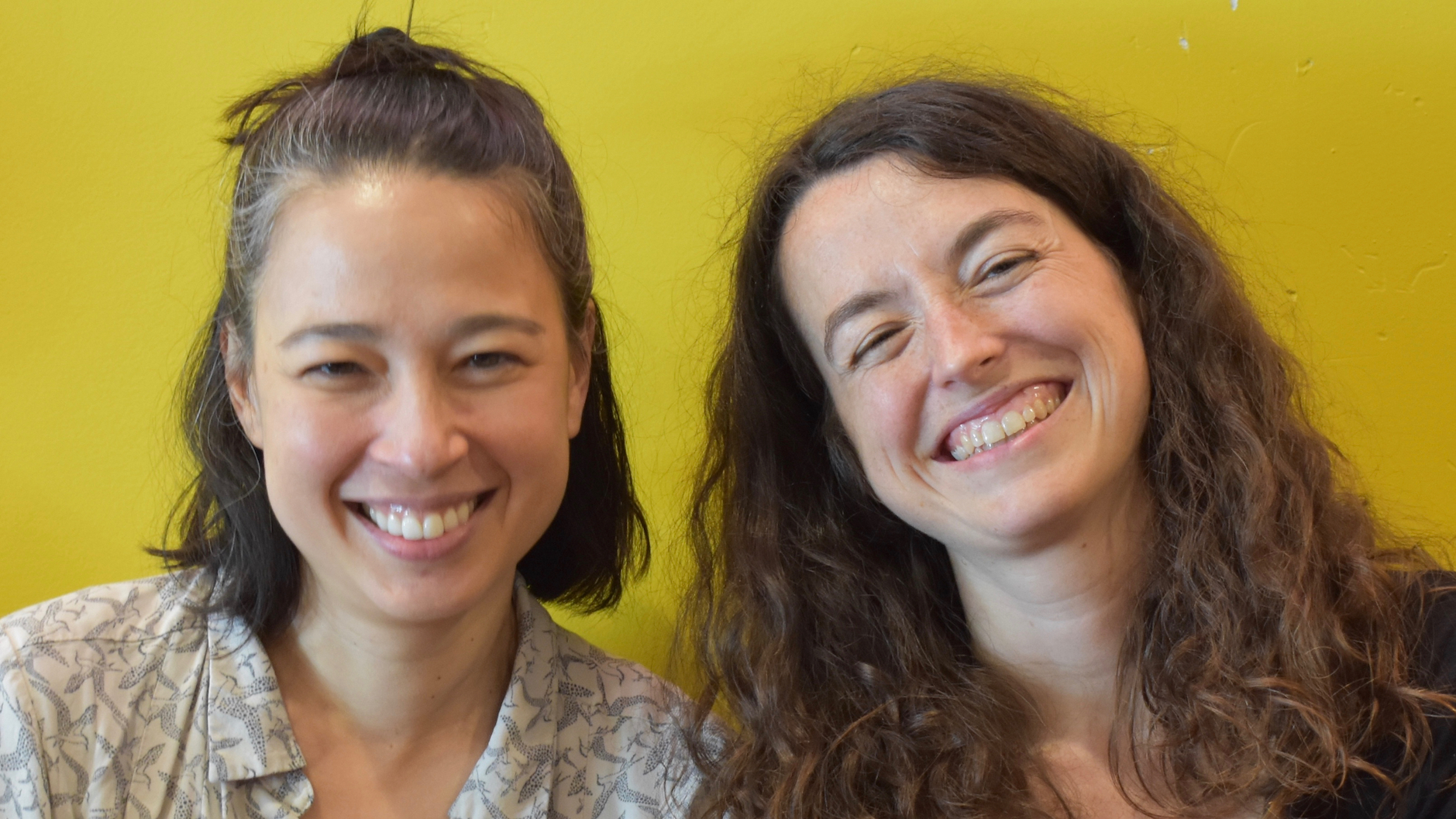LSLT - Valentine Hacquard / The role of grammar and context in the interpretation of modals

LSLT - Valentine Hacquard / The role of grammar and context in the interpretation of modals
Thursday December 7, the mirror of the Language Science Lunch Talk series turns to Valentine Hacquard, who will reflect on the trajectory of her work on the semantics and pragmatics of modal words.
The role of grammar and context in the interpretation of modals
The same modal words (must, have to) can be used to express different ‘flavors’ of modality: "Jeff has to lift weights" can express that Jeff is a likely weightlifter or that Jeff needs to lift weights. This multi-flavorness can be found in modals of many languages across the world. Cross-linguistically, modals further tend to interact differently with elements like tense depending on their flavor. In my (2010) paper, I proposed an account of modals that tried to make sense of these tendencies. In this talk I’ll discuss the empirical and theoretical questions that motivated this account, and the way I see the problem and its solution now.

